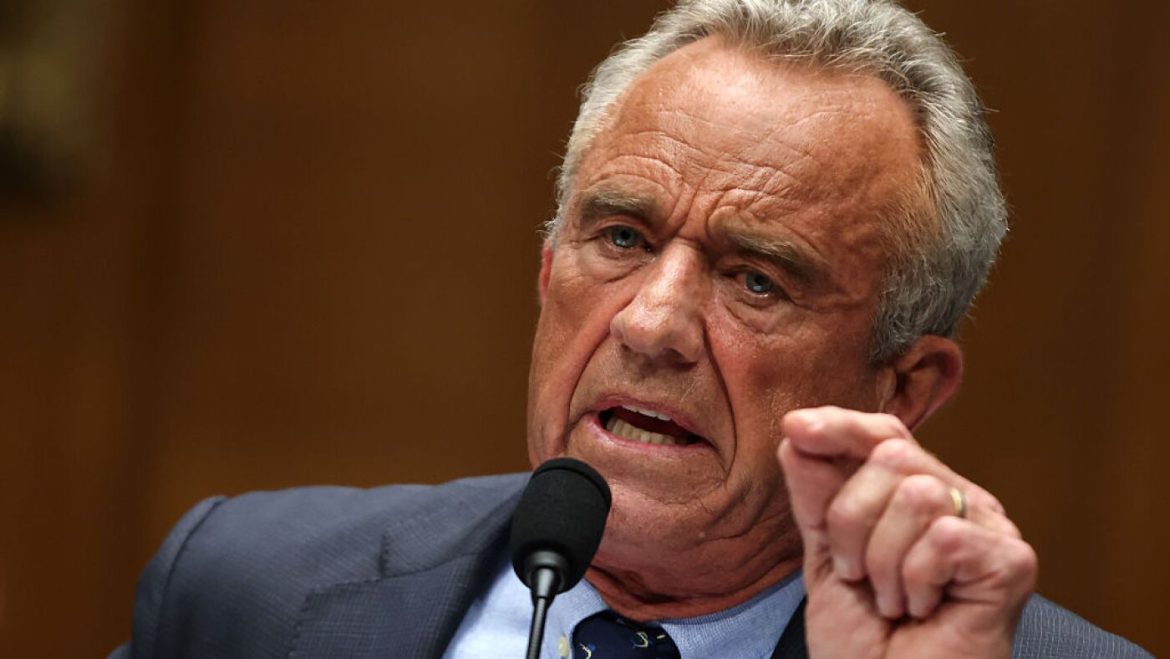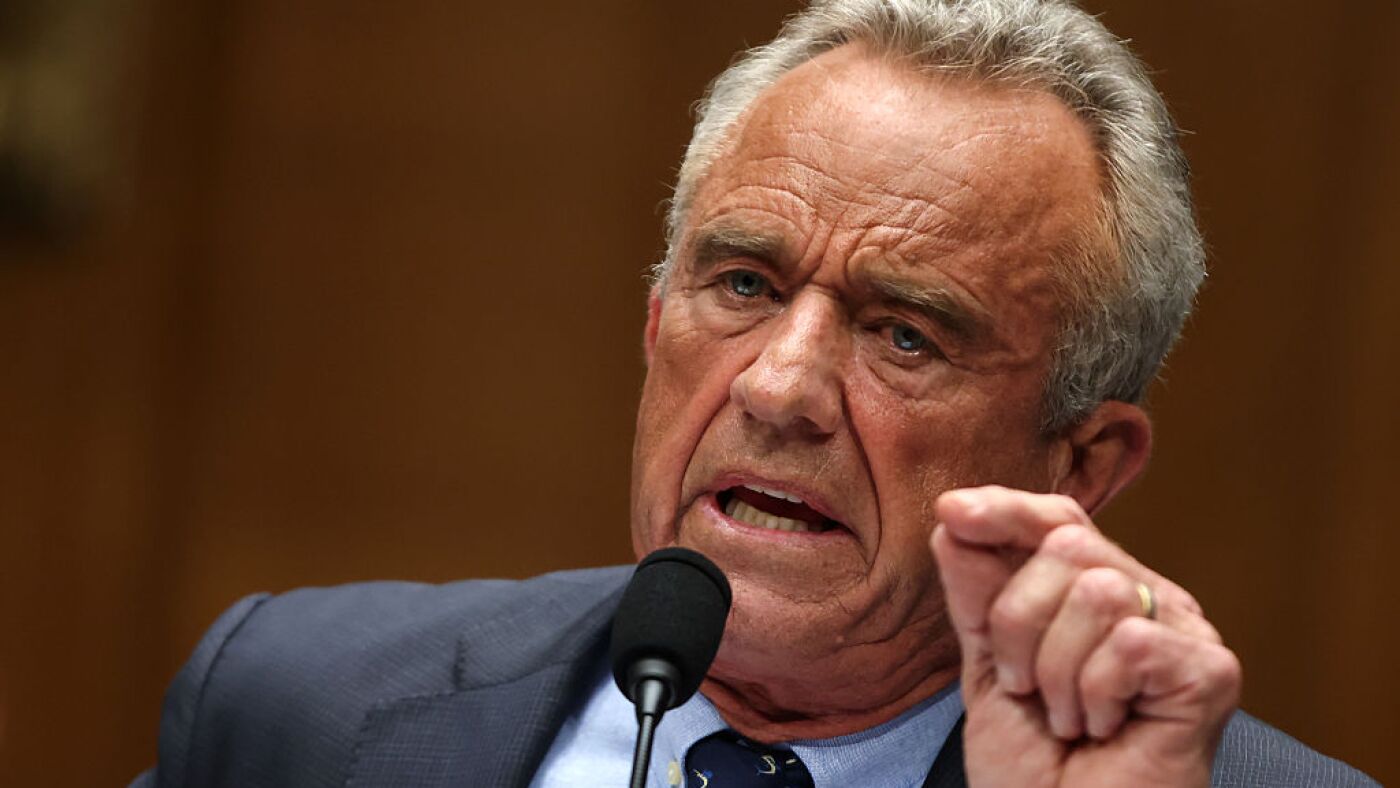The “Make America Healthy Again” (MAHA) Commission report, released under the Trump administration and led by Health and Human Services Secretary Robert F. Kennedy Jr., draws a grim portrait of U.S. children’s health. Centered around escalating chronic diseases in the nation’s youth, the report asserts that American children form “the sickest generation in American history.” The report’s wide-ranging analysis points to environmental toxins, ultraprocessed diets, overmedicalization—with a particular focus on childhood immunizations and medication overuse—and lifestyle changes fostering sedentary behavior as the primary drivers of this public health crisis.
A Stark Portrait of Childhood Health in America
The report paints a bleak picture substantiated by several alarming statistics: over 40% of the approximately 73 million U.S. children aged 0 to 17 have at least one chronic health condition such as asthma, allergies, obesity, autoimmune diseases, or behavioral disorders. Additionally, teenage depression rates nearly doubled from 2009 to 2019, and childhood obesity levels exceed 20% for children over age six. The decline in aerobic fitness among children has also been noted over recent decades, placing U.S. youth low in international rankings for physical health.
These insights form the backbone of the report’s major concern—that multiple, intersecting factors significantly undermine children’s health and well-being, imperiling not only individuals but also national security and the future workforce.
Major Drivers of the Chronic Disease Epidemic
Ultraprocessed Foods and Poor Diets
A chief culprit highlighted is the rise in consumption of ultraprocessed foods, laden with preservatives, additives, and unhealthy fats and sugars. The commission attributes rampant obesity and metabolic disorders directly to diet, supporting calls for changes in food policy and greater scrutiny of the food industry’s influence. This focus aligns with demands for healthier food standards and educational initiatives aimed at nurturing better nutrition habits from early childhood.
Environmental Chemicals and Toxins
Environmental exposures also draw considerable attention. The MAHA report accuses pervasive toxins, pesticides, and chemical pollutants of contributing to asthma, autoimmune conditions, and neurological effects. These environmental health threats underscore the need to revisit regulatory frameworks governing chemical usage and safety standards, advocating a precautionary approach to public health protection.
Overmedicalization and Pharmaceutical Influence
The commission critiques the current medical paradigm emphasizing treatment over prevention, particularly reducing its trust in pharmaceutical interventions. It raises concerns about “overuse” of medications in children, including the childhood immunization schedule and common use of stimulants for behavioral issues, positing that children are on “too much medicine.” This stance has provoked debate regarding balancing vaccine benefits and risks as well as reassessing pharmaceutical lobbying’s role in shaping federal health policy.
Sedentary Lifestyles and Technology Use
Another contributor to declining child health is physical inactivity tied to increased screen time and digital device use. The report links reduced exercise with surging mental health challenges, illustrating the cascading effect of lifestyle shifts on both physical and psychological well-being.
Policy Implications and the Call for Reform
The MAHA report is not merely diagnostic but strategic, laying out a framework aimed at catalyzing institutional reforms and policy interventions. Its stated goal is to establish an evidence-based foundation for reversing chronic disease trends among children through multi-sectoral action and societal shifts. This entails reassessing current health research priorities, pushing for regulatory tightening on harmful chemicals and food products, scaling up prevention efforts, and ensuring transparency in policymaking free of corporate interference.
The report explicitly criticizes undue corporate influence in federal health decisions, highlighting the impact of agricultural, pharmaceutical, and food industry lobbying in shaping policy directions that may not align with public health interests. This critique echoes broader calls for ethics and accountability reforms in health governance.
Controversies and Criticism
The report has stirred considerable debate. Experts like Dr. Georges Benjamin have acknowledged the valid concerns raised but emphasize the urgent need for the commission to propose meaningful, actionable solutions beyond highlighting problems. Critics also question parts of the report’s stance on vaccines and medication use, fearing that overly skeptical narratives could undermine critical public health efforts.
Moreover, the political backdrop—tied to the Trump administration and led by a polarizing figure such as Kennedy—has intensified scrutiny, with some stakeholders wary of the report’s framing and potential implications for federal health programming and research funding.
Concluding Perspective: Navigating a Complex Challenge
The MAHA Commission report offers a sobering wake-up call regarding the trajectory of child health in the United States. Its comprehensive scope, drawing connections among diet, environment, medicine, and lifestyle, provides a valuable platform for public dialogue and policy redesign. The question moving forward lies in bridging diagnosis with effective, science-driven interventions that can genuinely halt and reverse chronic disease trends without fostering unwarranted fear or politicization.
To truly turn the tide, solutions must harmonize prevention with responsible medical care, environmental stewardship, food system reform, and the cultivation of healthier behaviors among children and families. Only then can the vision of a healthier, more robust generation emerge from the shadows painted by the MAHA report’s stark findings.
—
Protect your kids’ health from screen overuse and inactivity—discover smart parental controls with SentryPC.


